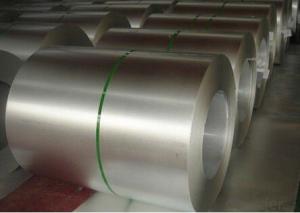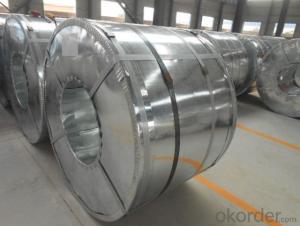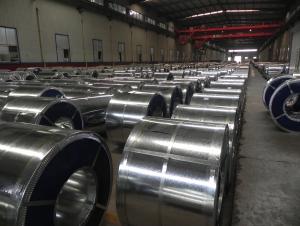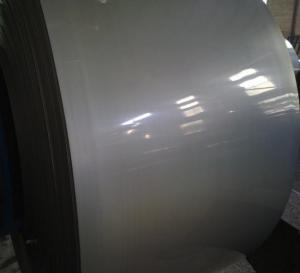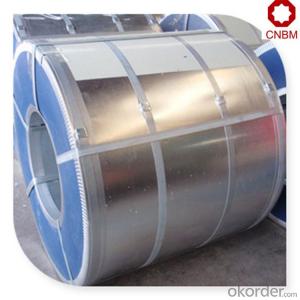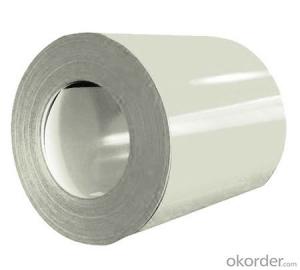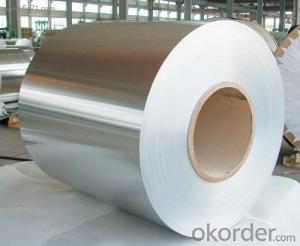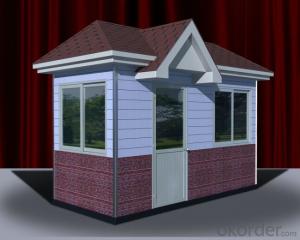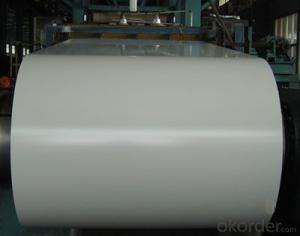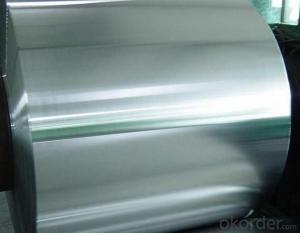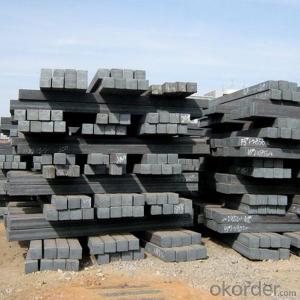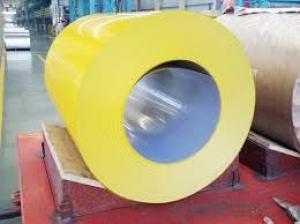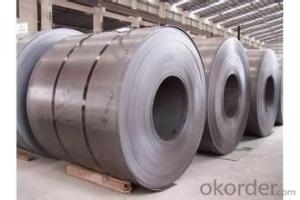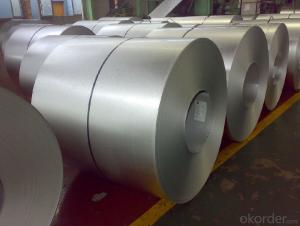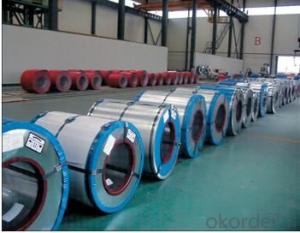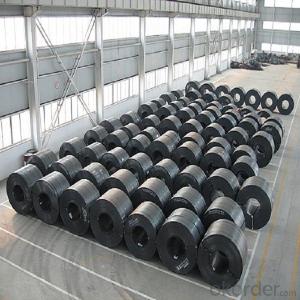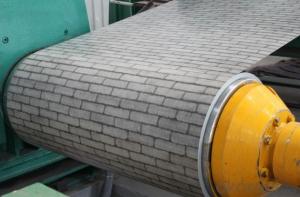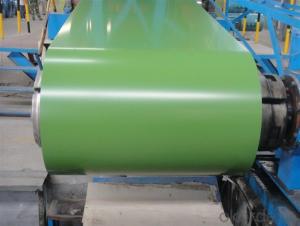All Categories
- - Steel Wire Rod
- - Steel Coils
- - Steel Profiles
- - Steel Pipes
- - Stainless Steel
- - Tinplate
- - Special Steel
- - Steel Sheets
- - Steel Rebars
- - Steel Strips
- - Hot Rolled Steel
- - Cold Rolled Steel
- - Pre-painted Steel
- - Seamless Steel Pipe
- - Welded Steel Pipe
- - Hollow Steel Tubes
- - Galvanized Pipe
- - Stainless Steel Coil
- - Stainless Steel Sheet
- - Stainless Steel Plate
- - Stainless Steel Strips
- - Electrolytic Tinplate Coil
- - Electrolytic Tinplate Sheet
- - Stainless Steel Rebars
- - Solar Panels
- - Solar Water Heater
- - Solar Related Products
- - Solar Inverter
- - Solar Cells
- - Solar Light
- - Solar Energy Systems
- - Solar Controllers
- - Solar Mounting System
- - Solar Pump
- - Solar Chargers
- - Fiberglass Chopped Strand
- - Fiberglass Mesh Cloth
- - Composite Pipes
- - FRP Pultrusion Profiles
- - Fiberglass Mat Tissue
- - Fiberglass Fabrics
- - Fiberglass Mesh
- - Composite Tank
- - Fiberglass Mesh tape
- - Polymer
- - FRP Roofing Panel
- - Fiberglass Roving
- - Monolithic Refractories
- - Ceramic Fiber Products
- - Refractory Bricks
- - Raw Materials For Refractory
- - Suspended Platform
- - Cranes
- - Concrete Machinery
- - Earthmoving Machinery
- - Building Hoist
- - Road Building Machinery
- - Plastic Pipe Fittings
- - Plastic Tubes
- - Plastic Sheets
- - Agricultural Plastic Products
- - Plastic Nets
 All Categories
All Categories
Q & A
Can stainless steel coils be used in the production of architectural facades?
Yes, stainless steel coils can be used in the production of architectural facades. Stainless steel is a durable and corrosion-resistant material that is often chosen for its aesthetic appeal and long-lasting performance. The coils can be formed, cut, and shaped into various architectural elements, including panels, cladding, and decorative features, providing a sleek and modern appearance to the building exteriors.
What is the maximum operating temperature for stainless steel coil?
The maximum operating temperature for stainless steel coil can vary depending on the specific grade of stainless steel being used. However, in general, stainless steel coils can typically withstand temperatures up to around 1000 degrees Celsius (1832 degrees Fahrenheit) before experiencing significant degradation or loss of mechanical properties.
How do you prevent distortion during welding of stainless steel coils?
To prevent distortion during welding of stainless steel coils, several measures can be taken. Firstly, it is essential to properly clamp the coils to prevent any movement or warping during the welding process. Additionally, using a lower heat input and slower welding speed can help minimize distortion. Preheating the coils before welding can also be effective in reducing stress and distortion. Lastly, employing tack welding and alternating the welding sequence between opposite sides of the coil can help distribute heat evenly and prevent distortion.
How is stainless steel coil different from regular steel coil?
Stainless steel coil is different from regular steel coil due to the presence of chromium, which adds corrosion resistance and prevents staining. This makes stainless steel coil more suitable for applications where durability and aesthetic appeal are essential, such as in kitchen appliances or architectural structures.
How does hydrogen embrittlement affect the performance of a stainless steel coil?
Hydrogen embrittlement can significantly impair the performance of a stainless steel coil. It occurs when hydrogen atoms diffuse into the metal lattice, causing it to become brittle and susceptible to cracking or fracture under stress. This embrittlement can compromise the structural integrity of the coil, reducing its load-bearing capacity and overall performance. Therefore, proper measures must be taken to prevent or mitigate hydrogen embrittlement to maintain the desired performance of the stainless steel coil.
Wholesale Stainless Steel Coil from supplier in India
Our team of experts is dedicated to providing top-notch customer service and ensuring that our clients receive high-quality stainless steel coils that meet their specific requirements. We understand the unique needs and demands of the Indian market and strive to offer customized solutions to our clients.
With our strong partnership with CNBM, we have access to a wide network of reliable suppliers, ensuring that we can provide a diverse range of stainless steel coil products at competitive prices. We have stringent quality control measures in place to ensure that all our products meet industry standards and are of the highest quality.
In addition to our procurement services, we also provide comprehensive technical support to our clients. Our team of experienced professionals is always ready to assist with any technical queries or issues that may arise. We believe in building long-term relationships with our clients and strive to exceed their expectations in terms of service and support.
Whether you are in the construction, manufacturing, or any other industry that requires stainless steel coils, we are here to meet your needs. Contact us today to discuss your requirements and let us assist you in finding the best stainless steel coil solutions for your projects in India.
With our strong partnership with CNBM, we have access to a wide network of reliable suppliers, ensuring that we can provide a diverse range of stainless steel coil products at competitive prices. We have stringent quality control measures in place to ensure that all our products meet industry standards and are of the highest quality.
In addition to our procurement services, we also provide comprehensive technical support to our clients. Our team of experienced professionals is always ready to assist with any technical queries or issues that may arise. We believe in building long-term relationships with our clients and strive to exceed their expectations in terms of service and support.
Whether you are in the construction, manufacturing, or any other industry that requires stainless steel coils, we are here to meet your needs. Contact us today to discuss your requirements and let us assist you in finding the best stainless steel coil solutions for your projects in India.
